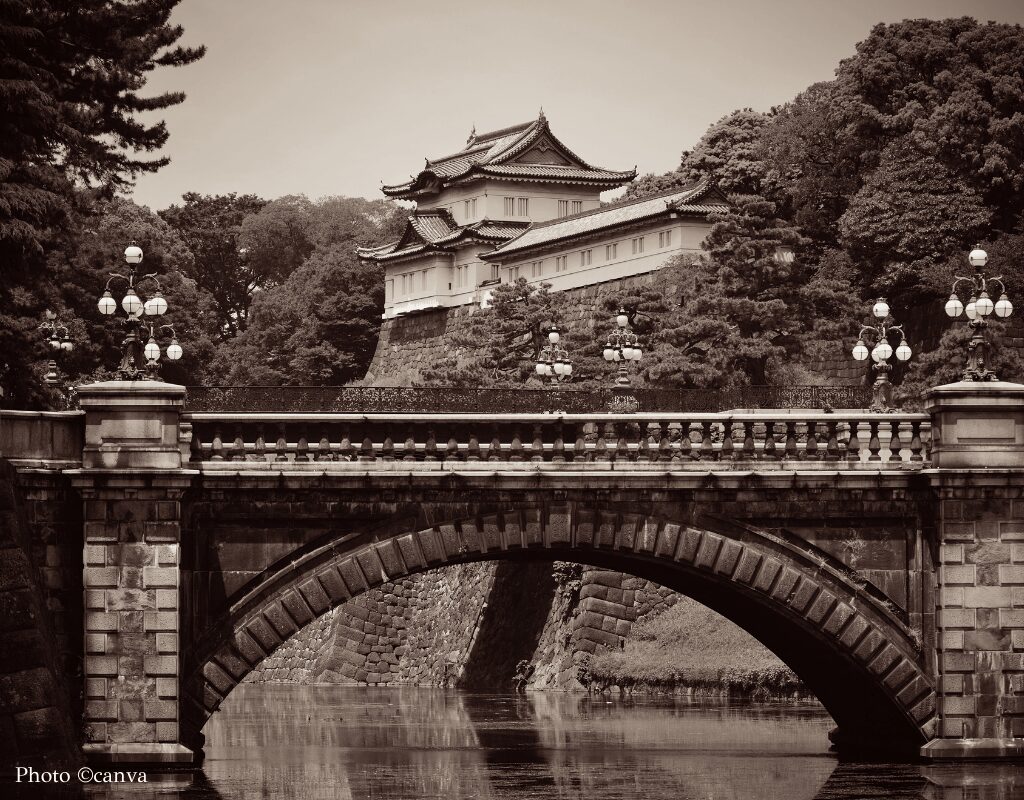1.4K
The Emperor’s Birthday, or 天皇誕生日 (Tennō Tanjōbi), is a special national holiday in Japan, celebrating the reigning emperor’s birth. This holiday changes with each new emperor, and today, it is observed on February 23rd to honor Emperor Naruhito. In the following chapters, we’ll explore the history, celebrations, and significance of this important day. Keep reading to learn more!
For other aspects of Japanese culture, read below.
The Emperor’s Birthday, or 天皇誕生日 (Tennō Tanjōbi), is a national holiday in Japan celebrating the birth of the reigning emperor. In Japanese, the Emperor is called 天皇 (Tennō), and “birthday” is 誕生日 (Tanjōbi). The date of this holiday changes with each emperor’s accession. Currently, it is observed on February 23rd in honor of Emperor Naruhito, who ascended the throne in 2019.
The Emperor’s Birthday (天皇誕生日, Tennō Tanjōbi) has been a national holiday in Japan since 1948. It was first celebrated on April 29th for Emperor Shōwa (Hirohito). When a new emperor took the throne, the holiday date changed. It moved to December 23rd for Emperor Akihito and now falls on February 23rd for Emperor Naruhito.

One of the main events on the Emperor’s Birthday is his public appearance at the Imperial Palace in Tokyo. The Emperor and Empress greet the public from the balcony of the Chōwaden Reception Hall. This year, appearances are scheduled for three sessions:
Many people attend this event, waving national flags to celebrate the Emperor’s birthday. You may have seen news coverage of the large crowds gathering for the occasion. If you are interested, details can be found on the Imperial Household Agency’s official website. Due to the high number of visitors each year, those planning to be in the area should be mindful of potential crowds and long queues.
Unlike other national holidays with specific customs, the Emperor’s Birthday is mainly observed through the palace ceremony and government statements. However, it is a public holiday, meaning businesses, schools, and government offices are closed. Some institutions may hold commemorative events, and the media often broadcasts special programs featuring the imperial family.
To explore more about Japanese culture, including its traditions, festivals, and unique customs, check out our other articles.